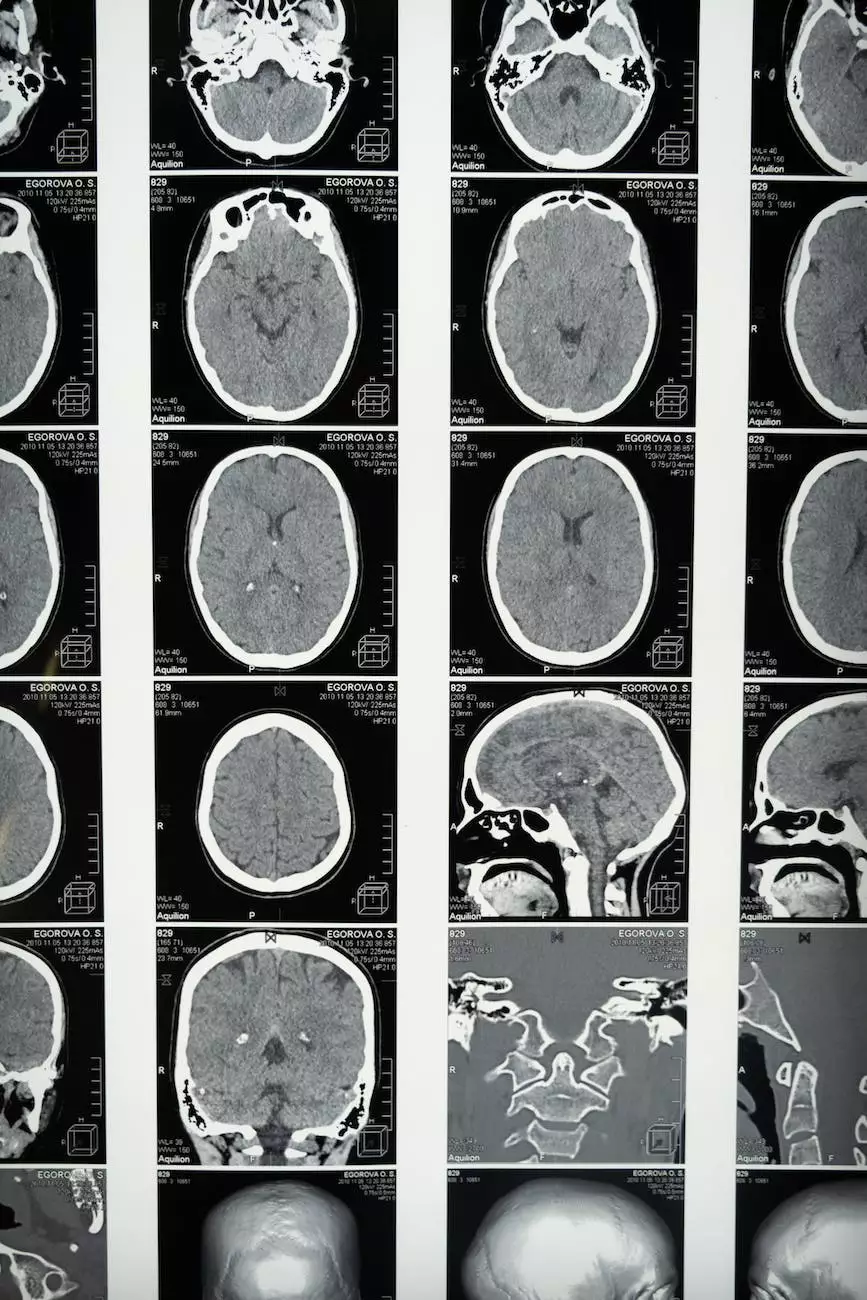Identifying and Healing from Generational Trauma
Blog
Understanding Generational Trauma
Generational trauma refers to the traumatic experiences passed down through generations within a family or a community. These experiences can stem from historical events, such as war, genocide, slavery, or displacement, and they can have long-lasting effects on individuals and their descendants.
The Impact of Generational Trauma on Health
Generational trauma can significantly impact an individual's mental, emotional, and physical well-being. It can manifest in various ways, including anxiety, depression, substance abuse, relationship difficulties, and even chronic health conditions.
Recognizing Signs of Generational Trauma
Identifying generational trauma can be challenging, as it often remains hidden or unacknowledged. However, there are common signs and patterns that can help you recognize its presence:
- Recurring Themes: Pay attention to recurring themes or patterns of behavior within your family that seem to cause distress or dysfunction.
- Emotional Responses: Notice intense or disproportionate emotional reactions to certain triggers or events that seem out of proportion to the situation itself.
- Beliefs and Values: Explore the beliefs, values, or cultural practices that have been passed down through generations. Are there any harmful or limiting beliefs that may be rooted in trauma?
Healing from Generational Trauma
Healing from generational trauma is a transformative journey that requires self-reflection, support, and resilience. Here are some essential steps you can take to begin your healing process:
1. Acknowledge the Trauma
The first step towards healing is acknowledging the existence of generational trauma within your family or community. Recognize its impact and understand that you are not to blame for what has happened.
2. Seek Professional Help
Working with a trusted mental health professional who specializes in trauma can provide invaluable support and guidance. They can help you navigate through the complexities of generational trauma and develop personalized coping strategies.
3. Practice Self-Care
Engaging in self-care practices is crucial for healing from generational trauma. Prioritize activities that promote your well-being, such as regular exercise, mindfulness, journaling, and connecting with loved ones.
4. Connect with Supportive Communities
Joining support groups or connecting with individuals who have experienced similar traumas can foster a sense of belonging and understanding. Sharing your experiences and listening to others' stories can be an empowering part of the healing process.
5. Break the Cycle
One of the most significant steps towards healing is breaking the cycle of generational trauma. This involves actively working on changing harmful patterns, challenging negative beliefs, and creating a healthier environment for future generations.
Richard Martinez, MD: Your Compassionate Guide to Healing
Richard Martinez, MD, an esteemed practitioner in the field of mental health, specializes in treating generational trauma. With years of experience and a deep understanding of the complexities involved, Dr. Martinez offers comprehensive insights and effective strategies to overcome this type of trauma and regain control of your life.
Embrace Healing and Reclaim Your Life
Identifying and healing from generational trauma requires courage, compassion, and a commitment to self-growth. By taking the necessary steps and seeking the help you deserve, you can embark on a journey of profound healing and resiliency.










